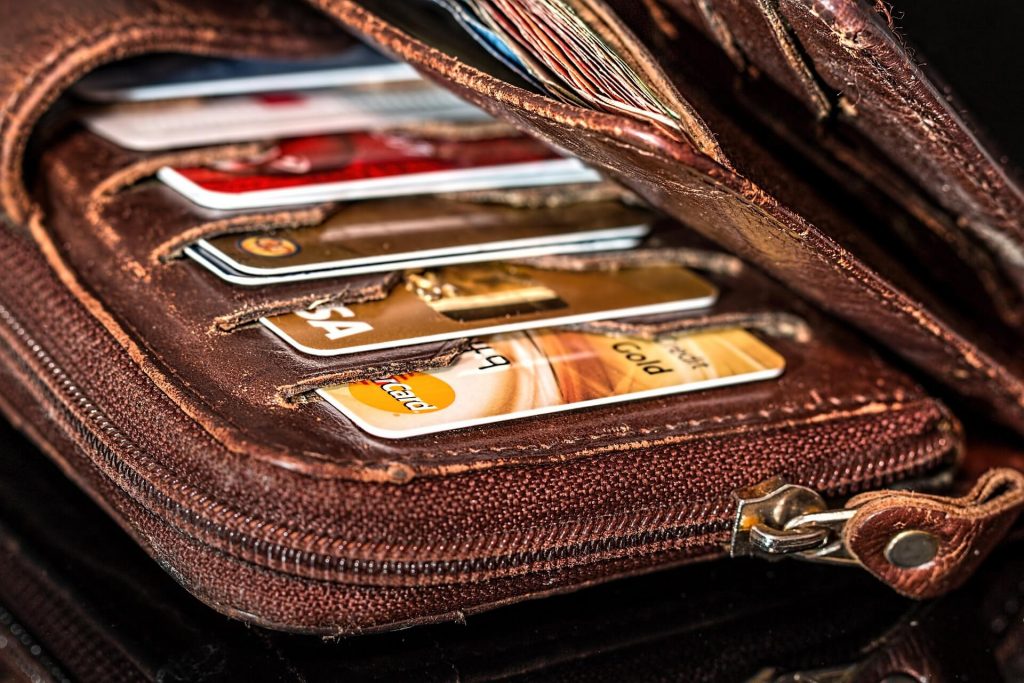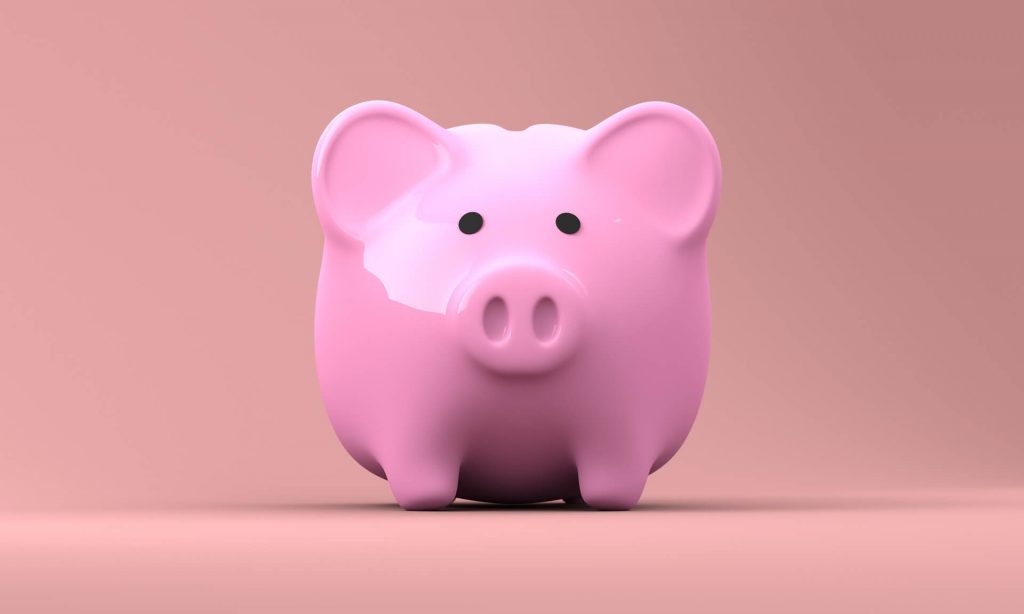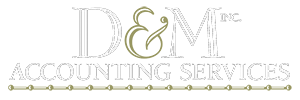Unfortunately, this leaves the average American with a growing pile of credit card debt and no savings or safety cushion. Personal finance is not yet a required class in schools (as it probably should be), so we’re left to fend for ourselves and learn the hard way that it doesn’t always rain money!

Here are a few of the very basic principles that require continuous practice, not only to get our finances in check, but to achieve the financial freedom we desire.

Develop Self-Control
Some of us are lucky and have parents who are aware of the importance of this quality, while some of us were not and have some catching up to do. Delayed gratification is a very powerful thing to conquer, and once you do, the world will be at your fingertips.
For example, if you see something on Amazon you want, don’t rush in with the saved credit card and purchase it (unless you have the cash to back it up). Wait until you have real money to pay for it, and then see if you really want it to begin with. Besides, do you really want to be paying interest on a box of cereal or a t-shirt for the next five years?Another way to start this good habit is to practice it everywhere – not just online purchases. Practice when it’s dessert time! Practice when you’ve already had your favorite $14 drink and are thinking about another.
Take Charge of Your Finances & Know Exactly Where It’s All Going
If you don’t take the time to learn how to manage your money, someone else will be glad to, at your expense. Some of these people may have good intentions, but no matter what happens with your money, they’ll still get their paycheck or commission.
Read a few basic books about personal finance, and start paying attention to where every single dollar goes. A subscription here, a McDonald’s breakfast there, a few crazy weekends every month, $2000 later, where did it all go? Write down each expense and income every month and at least make sure you’re spending less than you’re making.
If you’d still like some help or advice on what you’re doing with your money, find a fee-only type of financial planner who will be more likely to provide unbiased advice.
Start Saving
It doesn’t matter how much debt you have and how little you might make. Many, many personal finance professionals repeat over and over, “Pay yourself first.” Find some percentage, preferably 10%, but less to start with is fine too. Even if it’s $5, put it away every week. Then put it into a high-interest investment you can easily cash out of if there’s an emergency.

Figure Out Your Taxes
It is vital to understand income taxes no matter how much money you make, whether you’re an employee or plan to own your own business someday. There are payroll tax calculators to help you see how much you’re really making after taxes are taken out. There are lots of great tax-saving opportunities out there for every entrepreneur and wantrepreneur to learn even before you get started.
Developing a creative tax strategy for those who are self-employed can save thousands over the course of one year. There are also various investment vehicles for anyone which protect wealth better than others. Choose a tax planning specialist who can help you develop the best money-saving plan for your unique situation.
In the end, I think many of us underestimate the power of money coupled with little planning and self-control. If you’re determined, you will experience financial freedom. Read a few books, get excited about it, and you could be in a better spot tomorrow just by putting these principles in place now.

